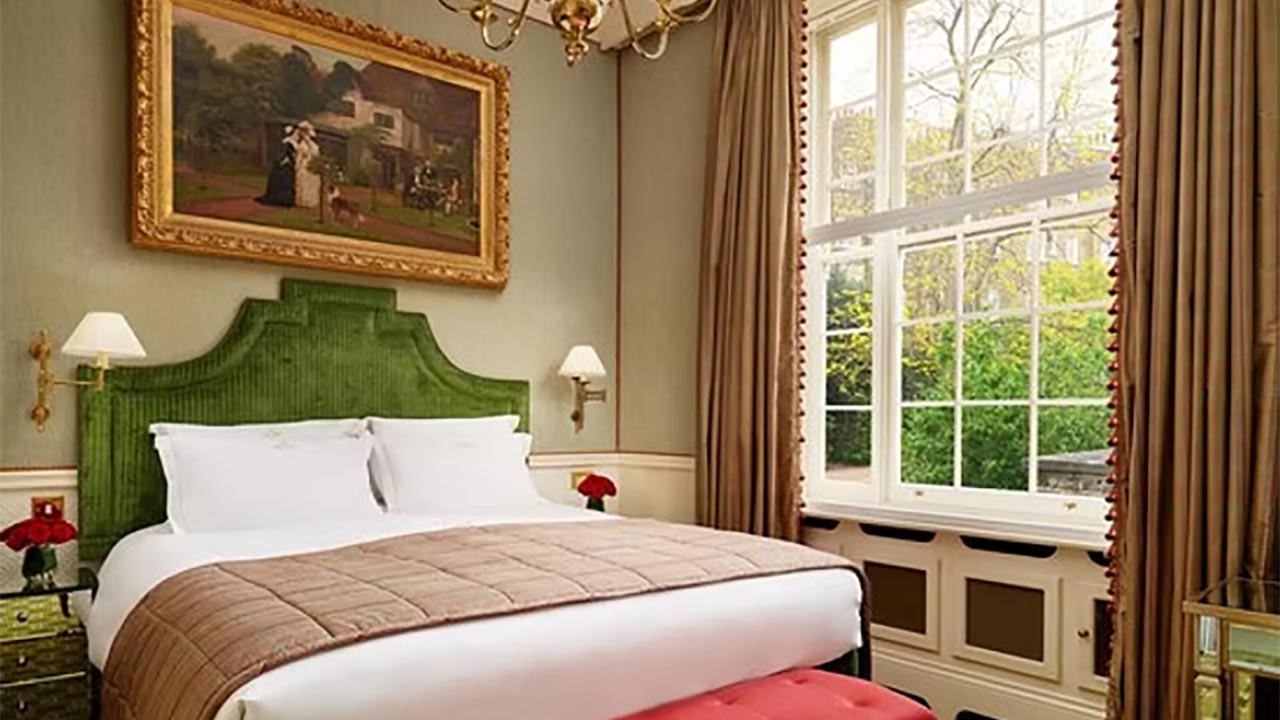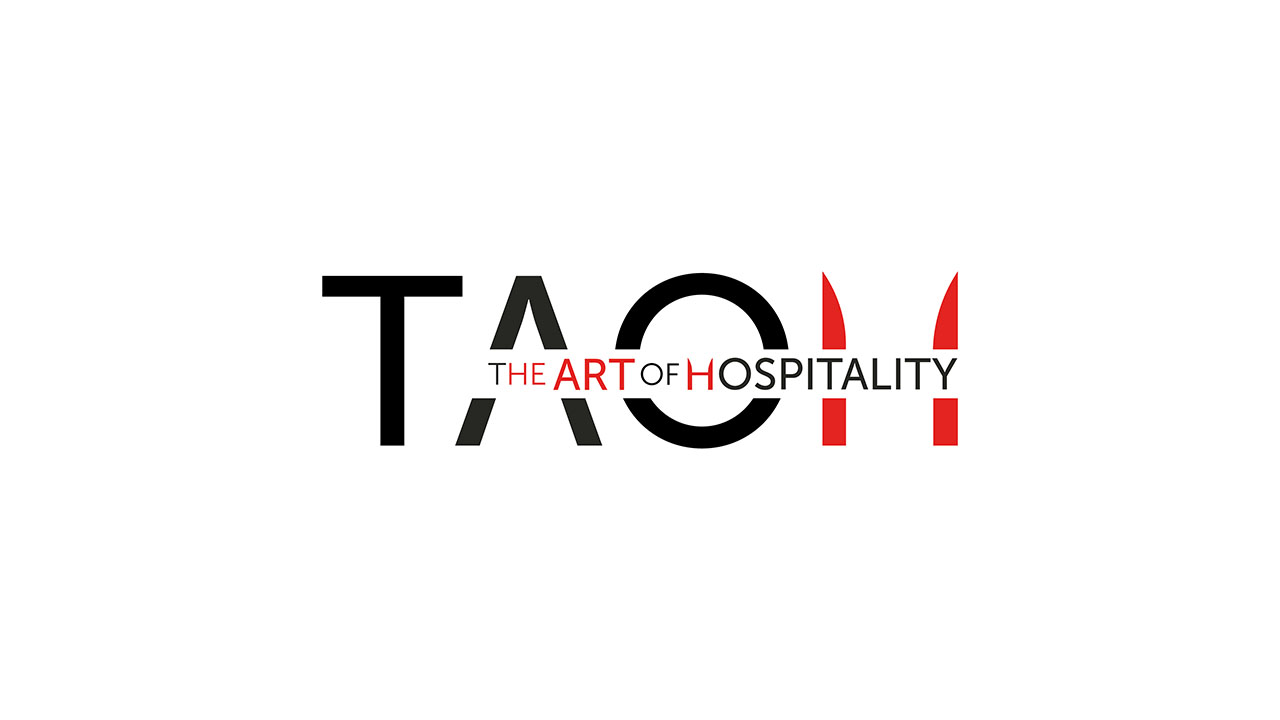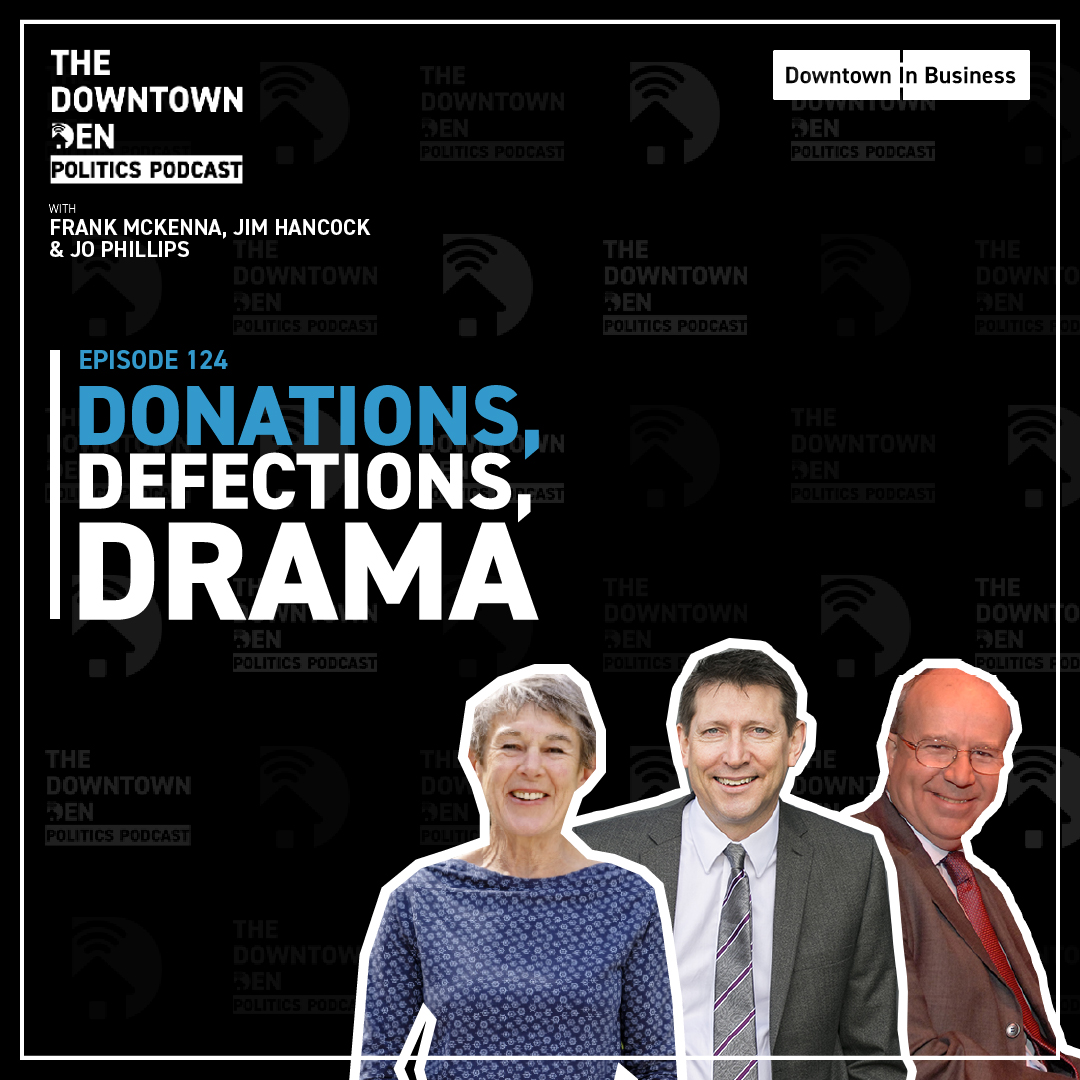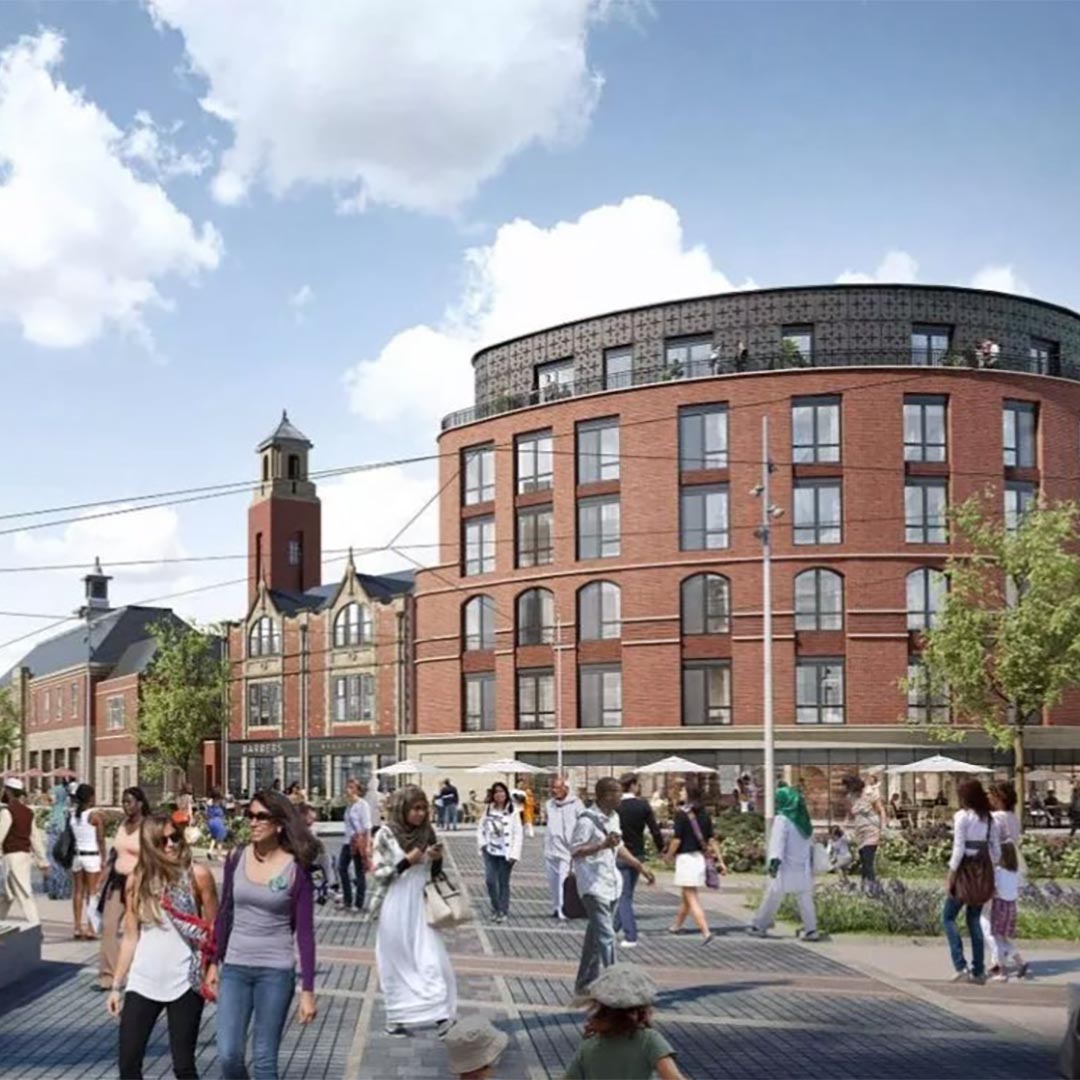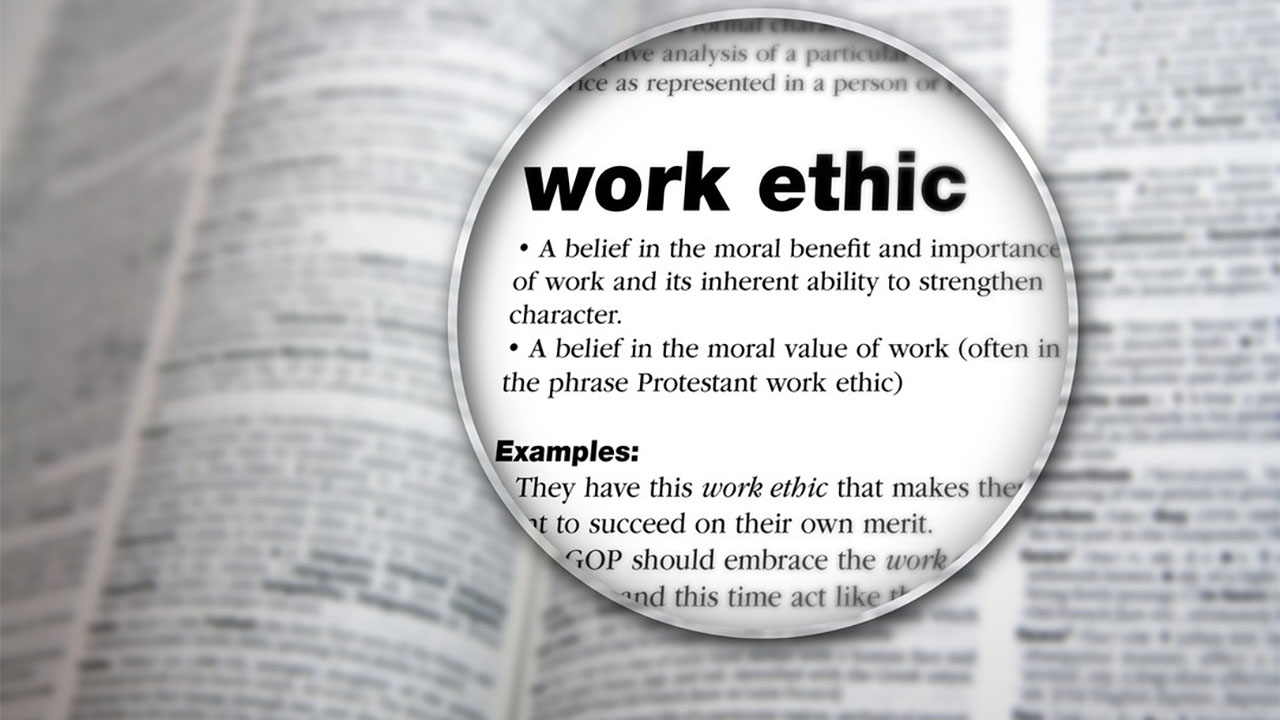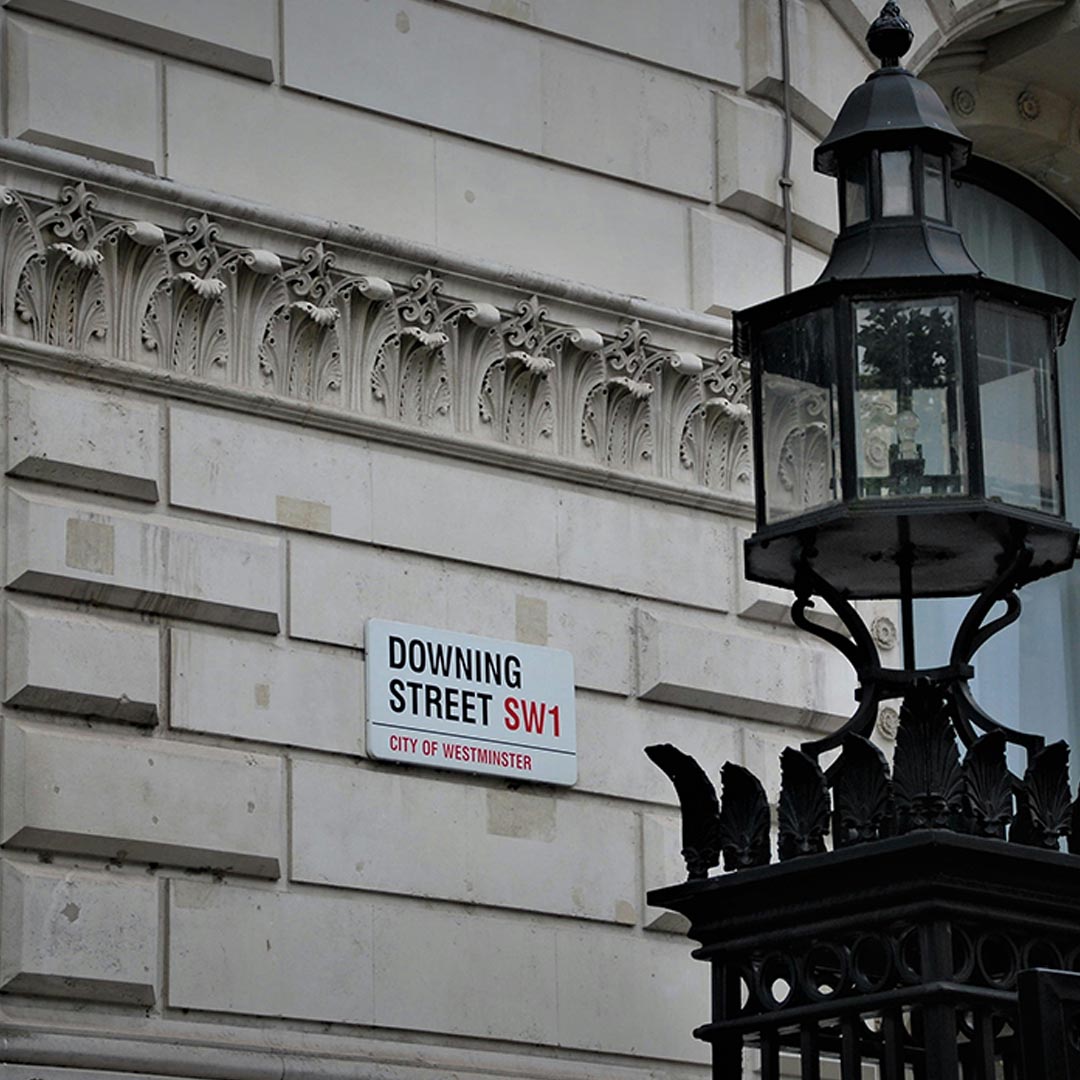It used to feel like every town had its own little gem, a family-run B&B, a guesthouse with creaky floorboards and a friendly face behind the desk, or a pub with a few rooms upstairs and stories in the walls.
These weren’t just places to sleep; they were places with soul. Now, more and more, we’re seeing those special spots replaced by big-brand hotels, efficient, identical, and everywhere you go.
The kind of places that do the job but leave you forgetting where you were the moment you leave.
As someone who owns and runs multiple independent hotels, I’m not afraid to say it, it’s tough out here. Really tough. The landscape has shifted so much that it sometimes feels like we’re disappearing.
Back in the day, so many people dreamed of opening a B&B, a small hotel, or a guesthouse. It was achievable. You could put your name above the door and build something special, something personal.
These days, it’s a struggle just to keep your name on the door.
The truth is, independents have been quietly vanishing for years.
In 2010, independent hotels made up nearly three-quarters of all hotel properties in the UK.
Now, it’s closer to one in four.
And even that number is misleading, because many of those “independent” hotels are franchises, independently owned, yes, but run under the umbrella of a big-name brand. It’s survival, not independence.
Costs have shot up. From energy bills and insurance to OTA commissions that eat into every booking, margins are razor thin.
Meanwhile, big brands have access to loyalty schemes, smart booking systems, and whole teams of marketers pushing them to the top of every search engine.
We’re not just competing with them, we’re trying to exist alongside them with a fraction of the budget, staff, or reach.
It feels like hospitality is losing something important. When every hotel room starts to look the same, when every check-in desk follows a script, when every bar stocks the same drinks, what are we actually offering guests that’s real?
Where’s the character, the charm, the human connection?
And yet, there are still places holding onto what hospitality used to be — and what it could be again.
The Lake District is a great example. Recent data shows that around 80% of hotels in the area are independently owned, a rare contrast to the national picture where branded hotels now dominate the majority of new openings.
In regions like this, independent hospitality is still thriving, full of charm, character, and a genuine personal touch.
Guests come to escape the predictable, and they find something real, something human, offered by people who truly care. You can’t script that, and you certainly can’t replicate it with a brand manual.
Independent hotels don’t just provide beds, they provide heart. They support local suppliers, employ local people, and reinvest in the communities they’re part of. But without meaningful support, they’ll keep vanishing, especially in towns and cities where the pull of the big brands feels impossible to resist.
Staying independent in this industry isn’t just a business decision anymore, it’s an act of defiance.
It’s choosing to do things your own way, to put people before profit, and to show guests what hospitality really looks like. It’s not easy. But in a world full of copy-and-paste experiences, being real is still the thing that matters most.
So here’s to the independents still standing, still smiling, and still proving that hospitality is about people, not brands. I want to end this blog by saying,
Support local. Stay independent. Keep hospitality human.


